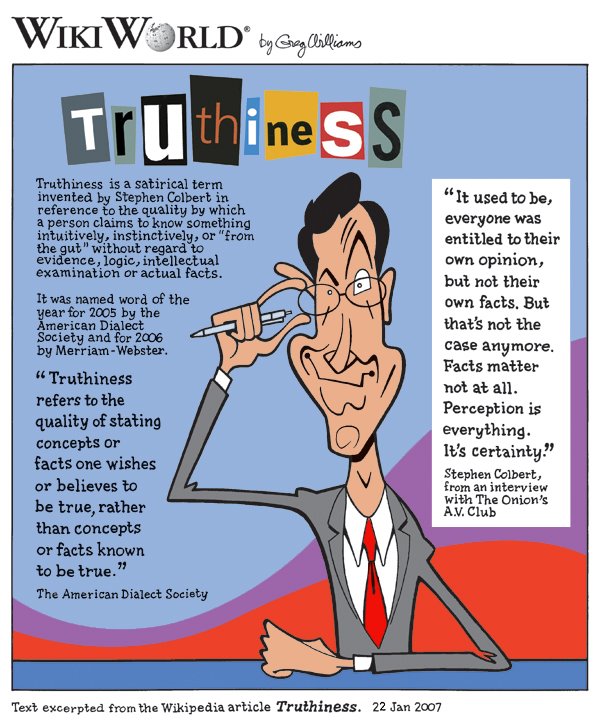On May 8'th, the total energy produced from renewables in Germany (wind, solar, biomass) was so great that it drove the wholesale price of 100 MW of power deeply negative (-220 Euros) for a period of twelve hours. During that time period, renewables were supplying 85% of base load. Overall, on average, Germany now produces 50% of it's base load from renewables and is on track to produce 100% by 2050. That is the future. It is also telling that every single Middle Eastern oil producing country is installing billions of dollars of solar, the most recent project, in Dubai, will produce Gigawatts of power for 2.5 cents per KwH, and the company will make a profit. You can't argue with those kinds of results.
The supporters of this project say it is great, but the governments' own statistics indicate a 95% probability of a significant spill from the pipeline, on the coast, within 50 years. When that happens, the 1.2 Billion the government is said to collect from the revenues on this project will be minuscule compared to the cost of cleaning it up, and most of it will never be cleaned up, it will sink to the bottom and produce toxins over a wide area for generations to come. The Exxon Valdez was the accident that 'could never happen', but it did. The blow out in the Gulf of Mexico ruined the Gulf fisheries, and thousands of livelihoods for generations to come.
The people who support this archaic endeavour are the same ones who greedily took billions out of Alberta, leaving it an economic cripple for the next 30 years. It is only the very short sighted, totally self absorbed and careless individuals who want this built, most of the rest of the country (over 78%) are deeply concerned about any future oil projects, and rightfully so.
The future for Alberta is NOT producing more low quality, difficult to transport and costly to refine bitumen for export. The consumption of fossil fuels has peaked and is declining rapidly. Even Saudi Arabia is getting out of the business and the anticipated global oil demand, per day, will decrease to 30MM barrels, from the current 90MM barrels over the next 25 years. The future is the same that is has been since the solution was first proposed to them in the 70's. Install domestic pipelines; invest in refining capacity; purchase retail outlets and create a truly national grid for delivering fuels for as long as the market holds for it, and that won't be that long. The first hybrid electric/CNG transport trucks with 20,000KW engines are already on the roads. Tesla is recreating the personal automobile at affordable prices and the demand is overwhelming. Don't waste your time and money on this, it isn't going anywhere."
I wish these things were all true but there's a couple blatant falsehoods in there. And what's not false is misleading without context or if swallowed without thought.

